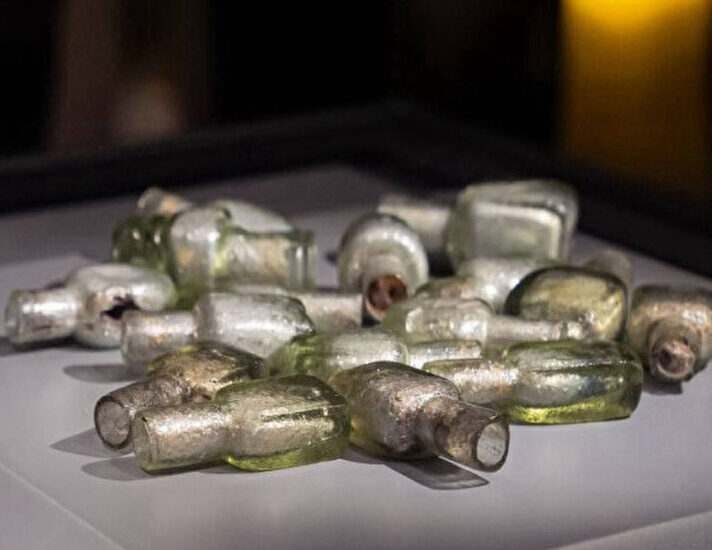
1,100-Year-Old Glass Perfume Bottles Unearthed off the Coast of Kaş
Underwater excavations off the coast of Kaş, in Türkiye’s Antalya province, have revealed 1,000–1,100-year-old glass perfume bottles from the wreck of an Eastern Mediterranean merchant ship. The find is considered one of the earliest pieces of evidence for the import of fragrances from the East to Europe during the Middle Ages.
Assoc. Prof. Hakan Öniz, head of the Department of Conservation and Restoration of Cultural Properties at Akdeniz University’s Faculty of Fine Arts and director of the excavations, shared details of the discovery at the International Archaeology Symposium held at the Presidential Library in Ankara. “Glass and perfume technology were born in the Eastern Mediterranean. At that time, Europe had no established fragrance culture. These bottles are tangible proof of the luxury trade flowing from East to West,” he said.
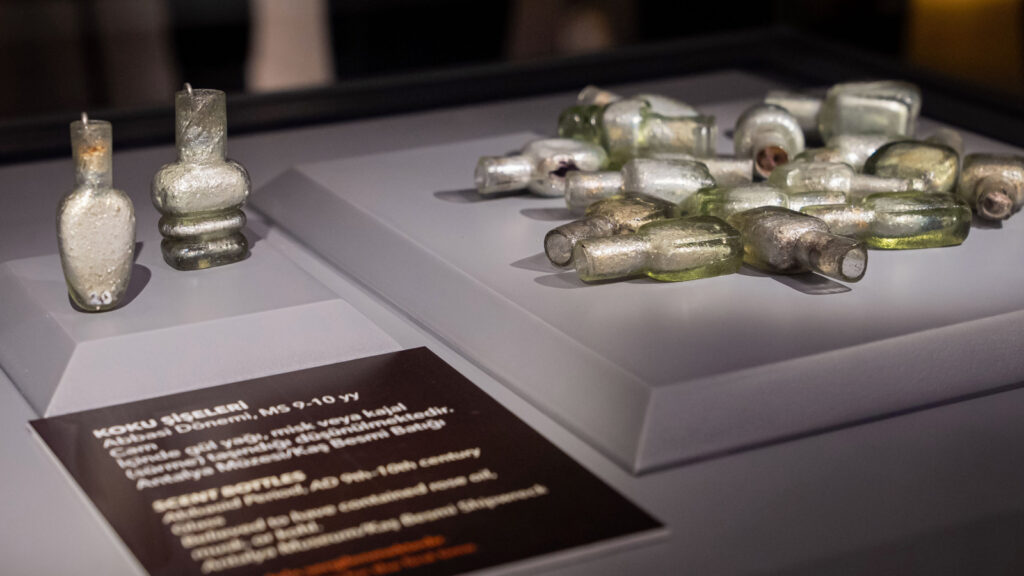
The 15 glass bottles, each measuring approximately 6–7 centimeters, were produced using the mold-melting technique, a method widely employed in the Syria–Palestine region of the time. According to Öniz, the vessels likely contained rose oil, musk, and amber — luxury scents well-known across the Eastern Mediterranean 1,000 years ago. “Rose oil was a specialty of Damascus, while musk and amber were prized from Egypt to the Levant,” he explained.
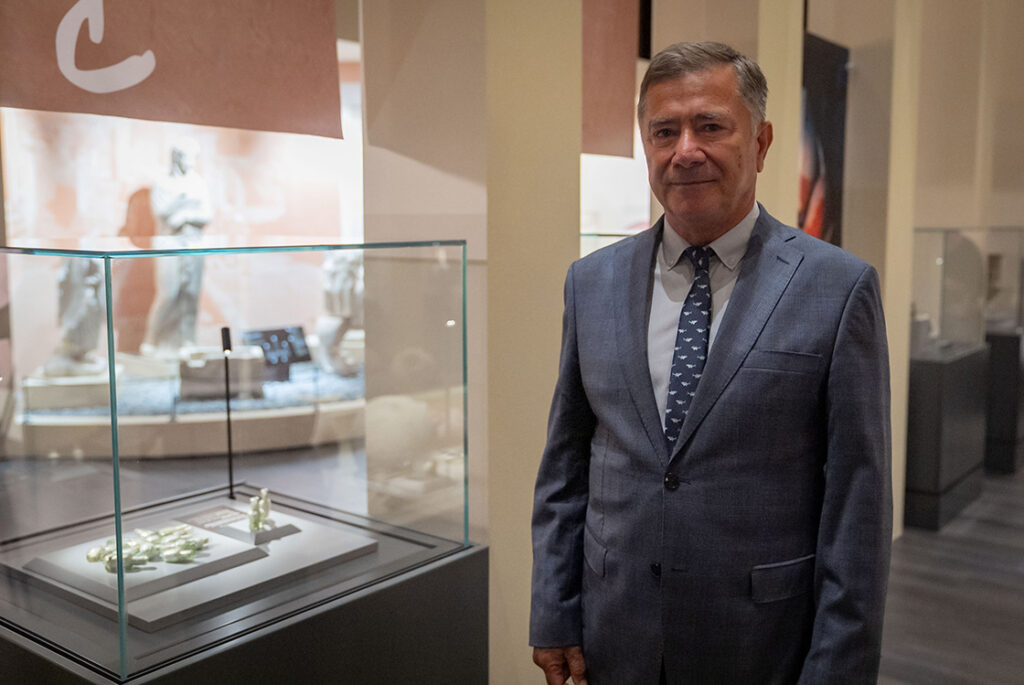
The shipwreck also carried amphorae filled with olive oil from the coasts of Gaza and Palestine, along with other types of amphorae, one of which still contained olive pits. “The ship most likely sailed from Gaza and traded as far as the Sea of Marmara. This was not just oil trade — it was part of a broader network that included luxury goods,” Öniz noted.
📣 Our WhatsApp channel is now LIVE! Stay up-to-date with the latest news and updates, just click here to follow us on WhatsApp and never miss a thing!!
The Kaş–Besmi wreck is one of four sites investigated under the “Heritage for the Future” Project. The team is also excavating three other wrecks along the Antalya coast, ranging from the Middle Bronze Age to the Roman Imperial period. To date, underwater archaeology projects have documented 411 shipwrecks along Turkey’s Mediterranean shores.
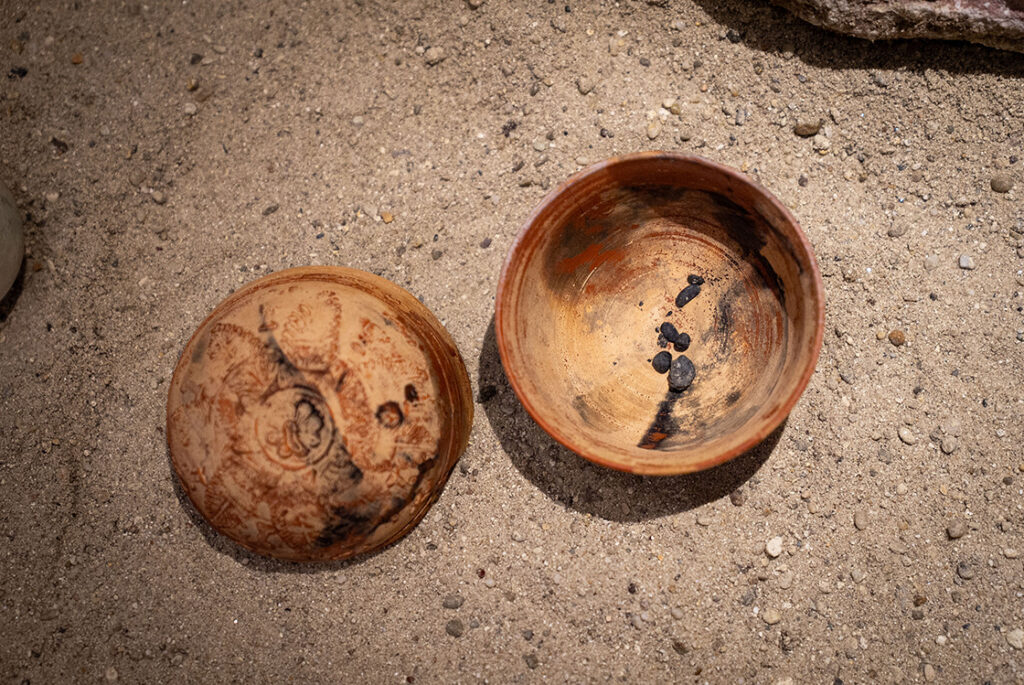
“Anatolia is the birthplace of underwater archaeology,” Öniz added. “Every artifact we uncover here completes another missing piece of world history.”
You may also like
- A 1700-year-old statue of Pan unearthed during the excavations at Polyeuktos in İstanbul
- The granary was found in the ancient city of Sebaste, founded by the first Roman emperor Augustus
- Donalar Kale Kapı Rock Tomb or Donalar Rock Tomb
- Theater emerges as works continue in ancient city of Perinthos
- Urartian King Argishti’s bronze shield revealed the name of an unknown country
- The religious center of Lycia, the ancient city of Letoon
- Who were the Luwians?
- A new study brings a fresh perspective on the Anatolian origin of the Indo-European languages
- Perhaps the oldest thermal treatment center in the world, which has been in continuous use for 2000 years -Basilica Therma Roman Bath or King’s Daughter-
- The largest synagogue of the ancient world, located in the ancient city of Sardis, is being restored

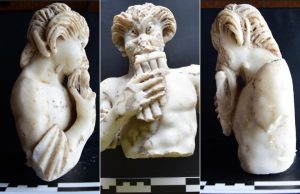
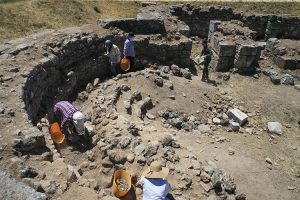
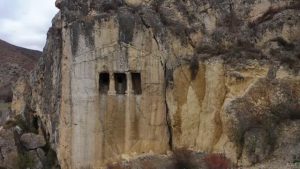
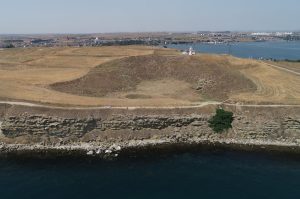
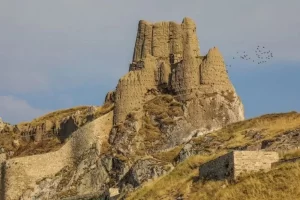
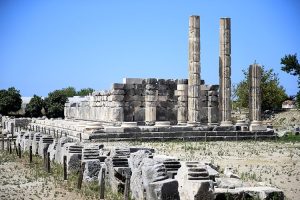


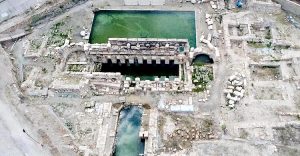
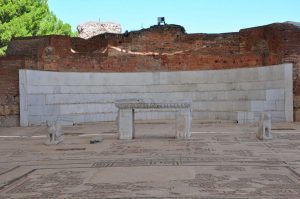
Leave a Reply